Cardoso: Financial inclusion key to untapped potential for National Progress
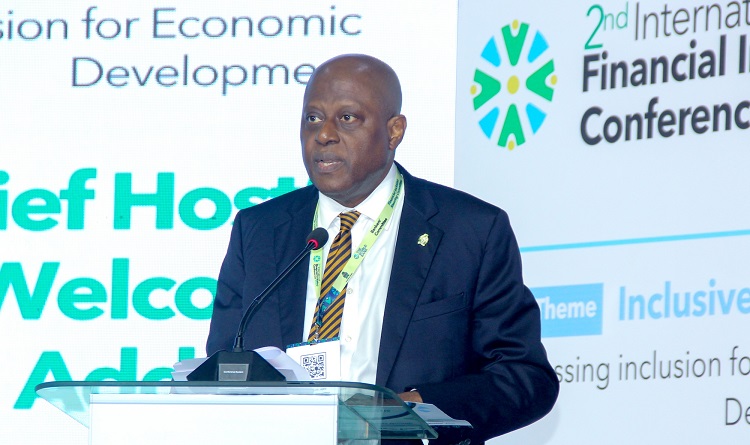
Lagos - The Governor of the Central Bank of Nigeria (CBN), Mr. Olayemi Cardoso, says that financial inclusion has the potential to unlock significant economic growth, particularly through the empowerment of small and medium-sized enterprises (SMEs), women and other vulnerable segments of the population.
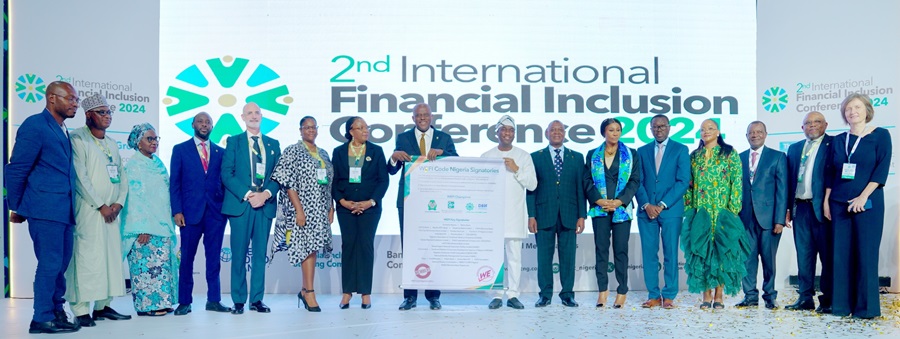
He stated this while welcoming delegates to the 2nd International Financial Inclusion Conference 2024 (IFIC’24), with the theme “Inclusive Growth—Harnessing Financial Inclusion for Economic Development”, on Tuesday, November 12, 2024, at the Landmark Event Centre, Victoria Island, Lagos.
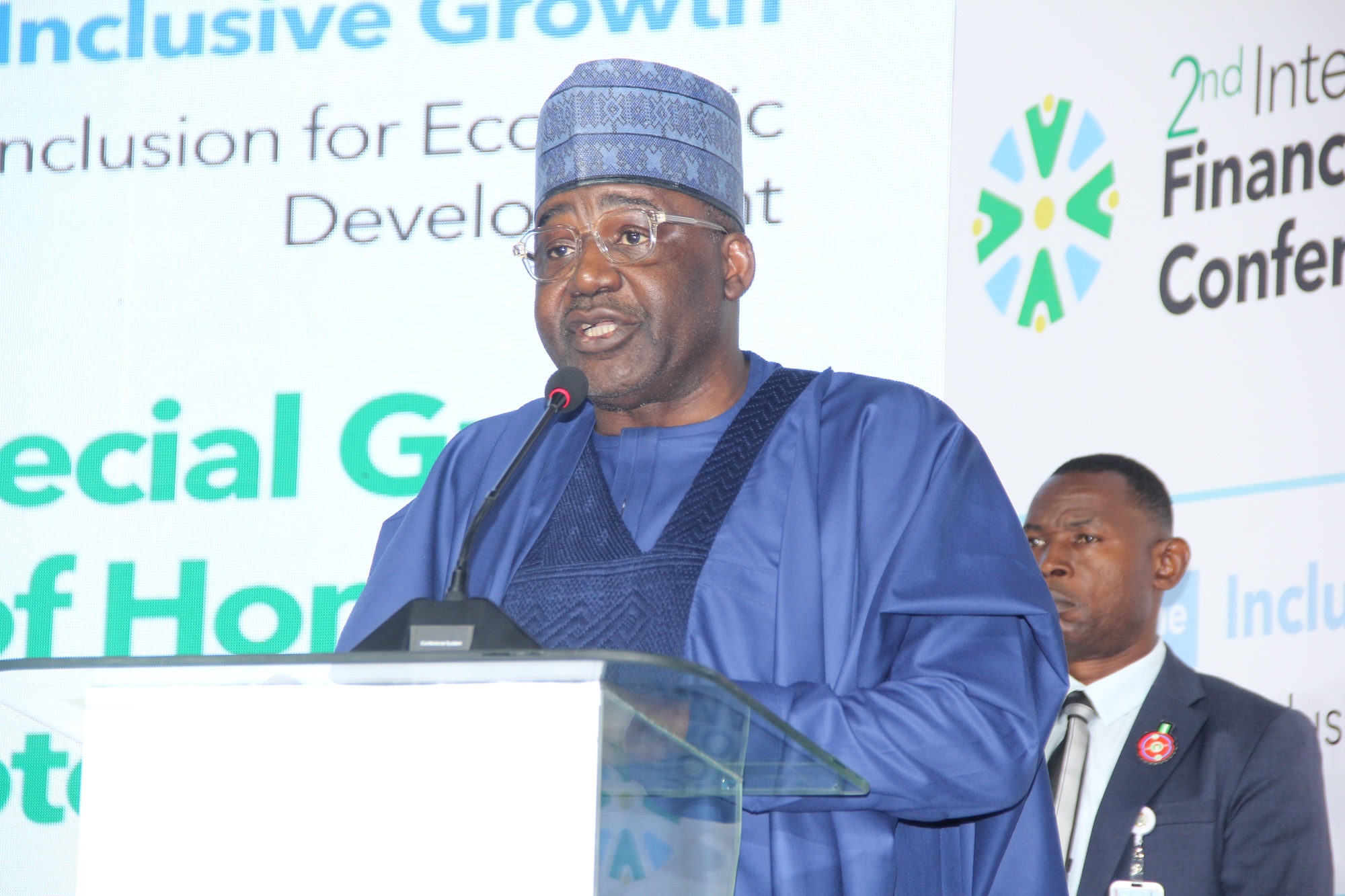
He highlighted that SMEs contribute over 80% of employment in Nigeria but face challenges accessing credit for expansion, stressing the government’s unwavering commitment to supporting these businesses in order to unlock the sector's full potential.
“Similarly, women play a critical role in driving inclusive growth. Research shows that when women are financially empowered, they reinvest in their families and communities, creating broader socio-economic benefits,” he noted.
In line with its efforts to deepen financial inclusion, Governor Cardoso mentioned that the CBN recently introduced new minimum capital requirements for banks, ensuring they are well-capitalized to take on greater risks in underserved markets and provide more loans and financial products to MSMEs, rural communities, and other vulnerable segments.
He highlighted the CBN's significant progress in promoting financial inclusion for vulnerable populations through frameworks aimed at closing gender gaps and providing regulatory support for digital platforms that enhance access to financial services. He further explained that the CBN was committed to empowering young Nigerians to attain financial independence, encouraging entrepreneurship, and stimulating economic growth across the country through focused financial literacy initiatives.
He emphasized that the adoption of digital payment channels using mobile technology had been a transformative tool for financial inclusion, with Nigeria's growing mobile phone penetration offering a unique opportunity to expand access to financial services, noting that interoperable payment platforms had enabled millions of Nigerians to send payments, save, and access credit even without traditional bank accounts.
He commended the participants, the Financial Inclusion Steering Committee and Nigerians for their unwavering commitment to Nigeria’s financial inclusion goals to build a financial ecosystem that ensures shared prosperity for all Nigerians.
Delivering the keynote address, the Vice President, Sen. Kashim Shettima reiterated the Federal Government's commitment to the signed “Aso Accord”, marking a significant step forward in providing a comprehensive roadmap for economic and financial inclusion across Nigeria, with the goal of achieving a $1 trillion economy by 2030.
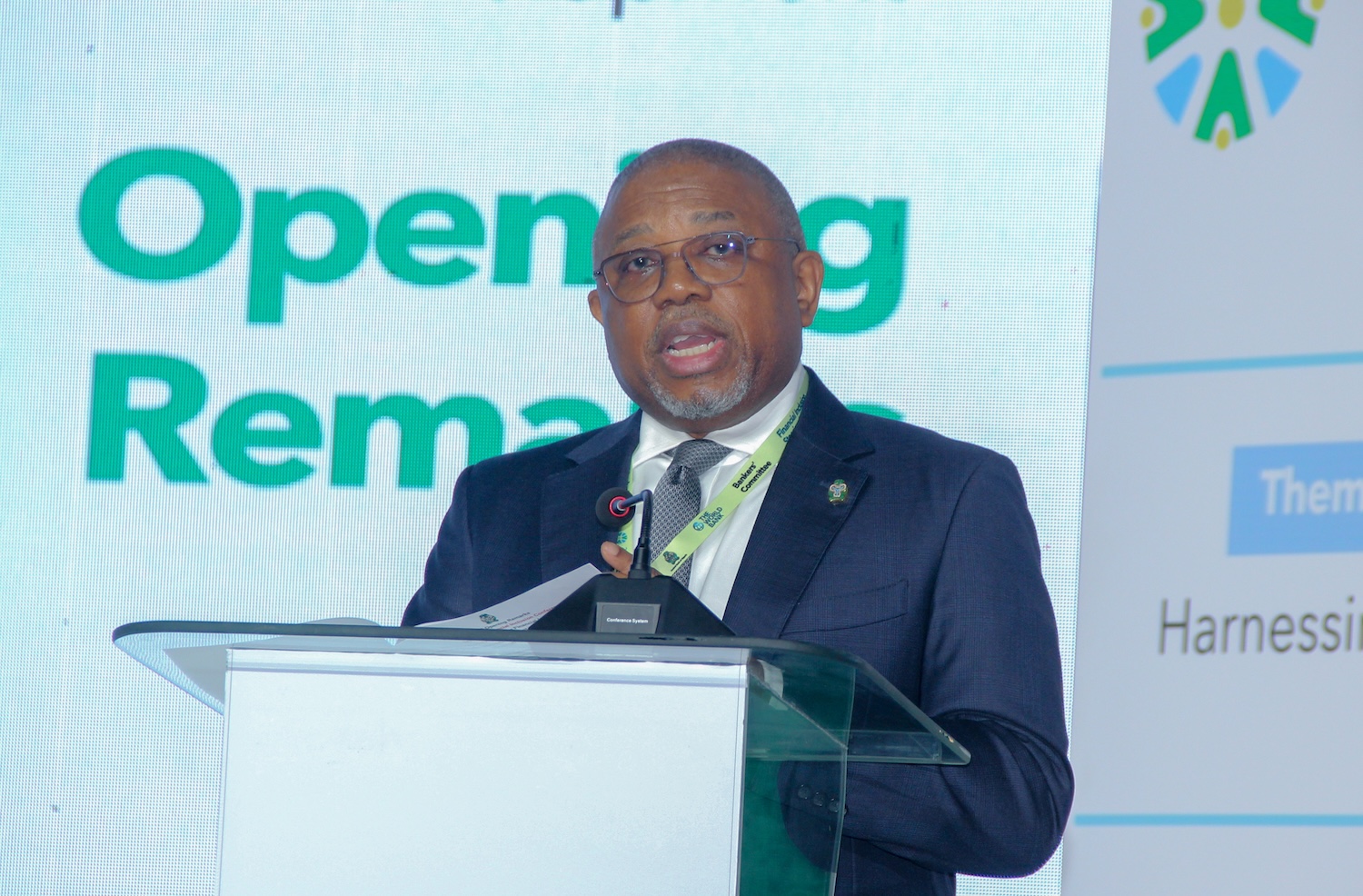
The Vice President, who was represented by the Deputy Chief of Staff to the President, Office of the Vice President, Senator Ibrahim Hassan Hadejia, lauded the CBN and Financial Inclusion Steering Committee, adding that the launch of key initiatives such as the Women Entrepreneurs Finance Code (We-Fi Code), the Women’s Financial Inclusion Dashboard (WFID), and the Nigeria Financial Services Map, underscored the collective focus on empowering women and bridging the gap for underserved demographics. He, therefore, encouraged participants to embrace innovative approaches and emerging technologies as the country works towards the inclusive future it envisions for all stakeholders.
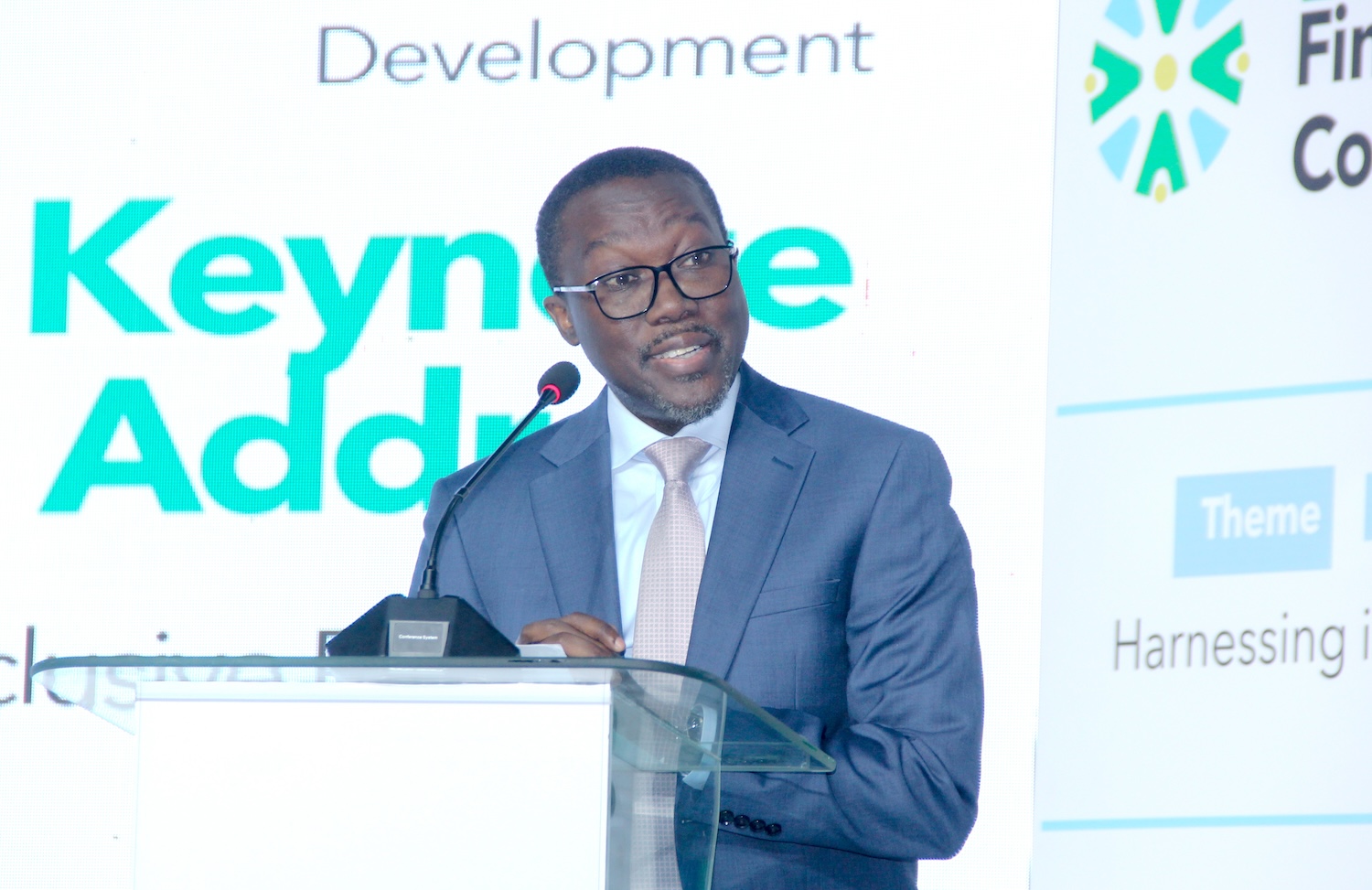
Earlier in his opening remarks, the Deputy Governor, Financial System Stability, Mr. Phillip Ikeazor, emphasized the importance of financial inclusion in bridging access gaps in Nigeria, stating that, "the Central Bank of Nigeria will continue to drive the initiatives and policies necessary to ensure that financial inclusion remains a priority, fostering innovation and providing access to financial services for all Nigerians."
He highlighted the CBN’s recent efforts to include the 28 million Nigerians still without access to financial products and services. These efforts, he noted, began with the launch of the National Financial Inclusion Strategy in 2012 at the 3rd Global Policy Forum, aimed at reducing financial exclusion. As a result of this move, he disclosed that the exclusion rate had dropped from 46.3% in 2010 to 26% in 2023.
Mr. Ikeazor also spotlighted the Bank's targeted initiatives, such as the Women Entrepreneurs Finance Initiative (We-Fi), stressing that Nigeria’s financial inclusion efforts would be incomplete without acknowledging the crucial role of Digital Financial Services (DFS) in enhancing access to financial services in remote areas, reinforcing the commitment to “No Nigerian left behind”.
Speaking on financial inclusion in relation to job creation and economic growth, Dr. Ndiame Diop, the Country Director for Nigeria at the World Bank, highlighted the urgent need to create jobs for 60 million Nigerian youth over the next decade. He identified the promotion of growth in labor-intensive, export-oriented sectors and support for scaling micro and small businesses into medium-sized enterprises as key strategies for achieving this, affirming that access to finance and financial inclusion were among the most powerful tools at disposal.
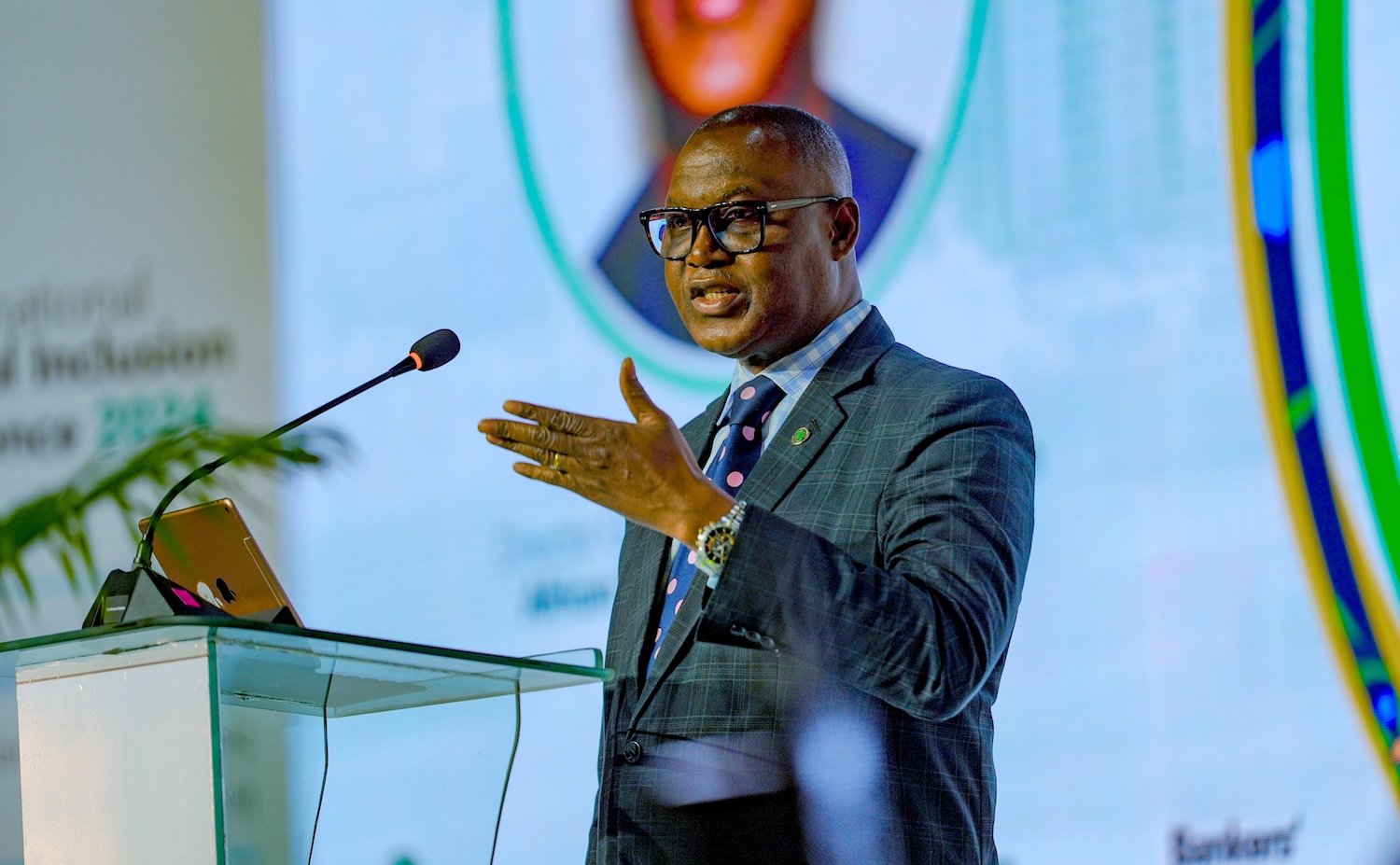
Also speaking at the event, Dr. Abdul Kamara, the Director General of the Nigeria Country Department at the African Development Bank (AfDB), emphasized the bank’s commitment to bridging funding gaps through targeted groups and priority areas. He highlighted the establishment of the Affirmative Finance Action for Women in Africa (AFAWA), aimed at addressing the $42 billion financing shortfall faced by female entrepreneurs, and the Youth Entrepreneurship Investment Banks (YEIB), focused on combating rising youth unemployment and underemployment across Africa. Dr. Kamara further disclosed that the latest approval was a $100 million loan to the Nigerian government to accelerate the setup of a Nigeria YEIB.
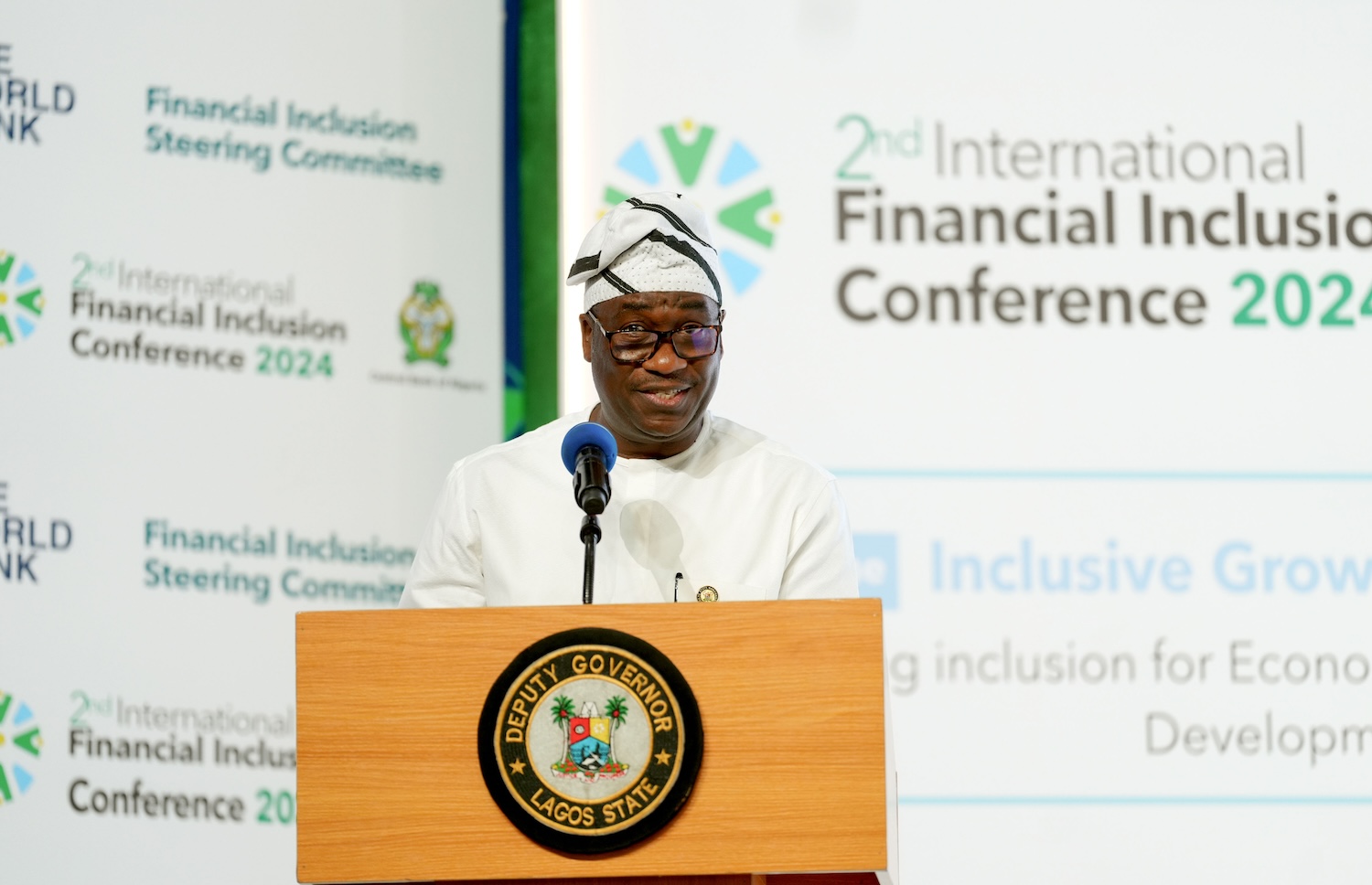
The Lagos State Governor, Mr. Babajide Sanwo-Olu, represented by Deputy Governor Dr. Obafemi Hamzat, recognized the state’s role in removing barriers to financial inclusion, noting that many Nigerians were excluded due to a lack of physical infrastructure or trust in the system. He, however, acknowledged the digital banking revolution, emphasizing that new tools and a human-centered approach are breaking down these barriers and advancing financial inclusion through technology.
The conference featured engaging plenary sessions, with Deputy Governor Economic Policy, Mr. Muhammad Sani Abdullahi, chairing the session titled "Towards a More Inclusive Economy: Insights from Emerging and Developed Economies," and Deputy Governor Operations, Ms. Emem Usoro, leading the session on "Leveraging Data to Accelerate Access to Finance for Women-Owned and Women-Led Enterprises." Other sessions included topics on financial inclusion, economic development, sustainability, and gender-inclusive financing.
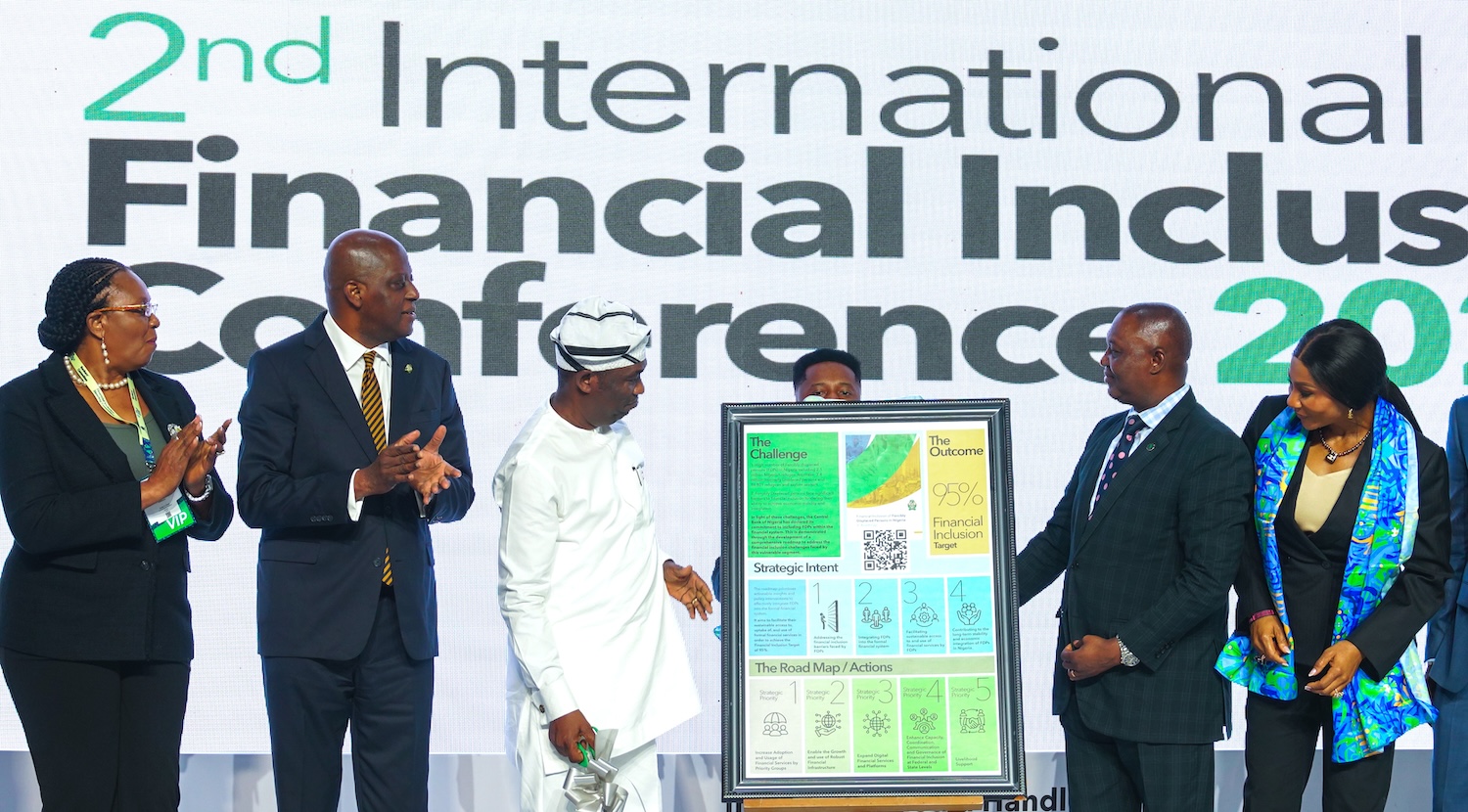
The IFIC 24 conference spotlighted global perspectives on the implementation of financial inclusion, focusing on strategies to foster inclusive finance for development and the regulatory and supervisory frameworks that enable innovative solutions to drive inclusion both nationally and globally.